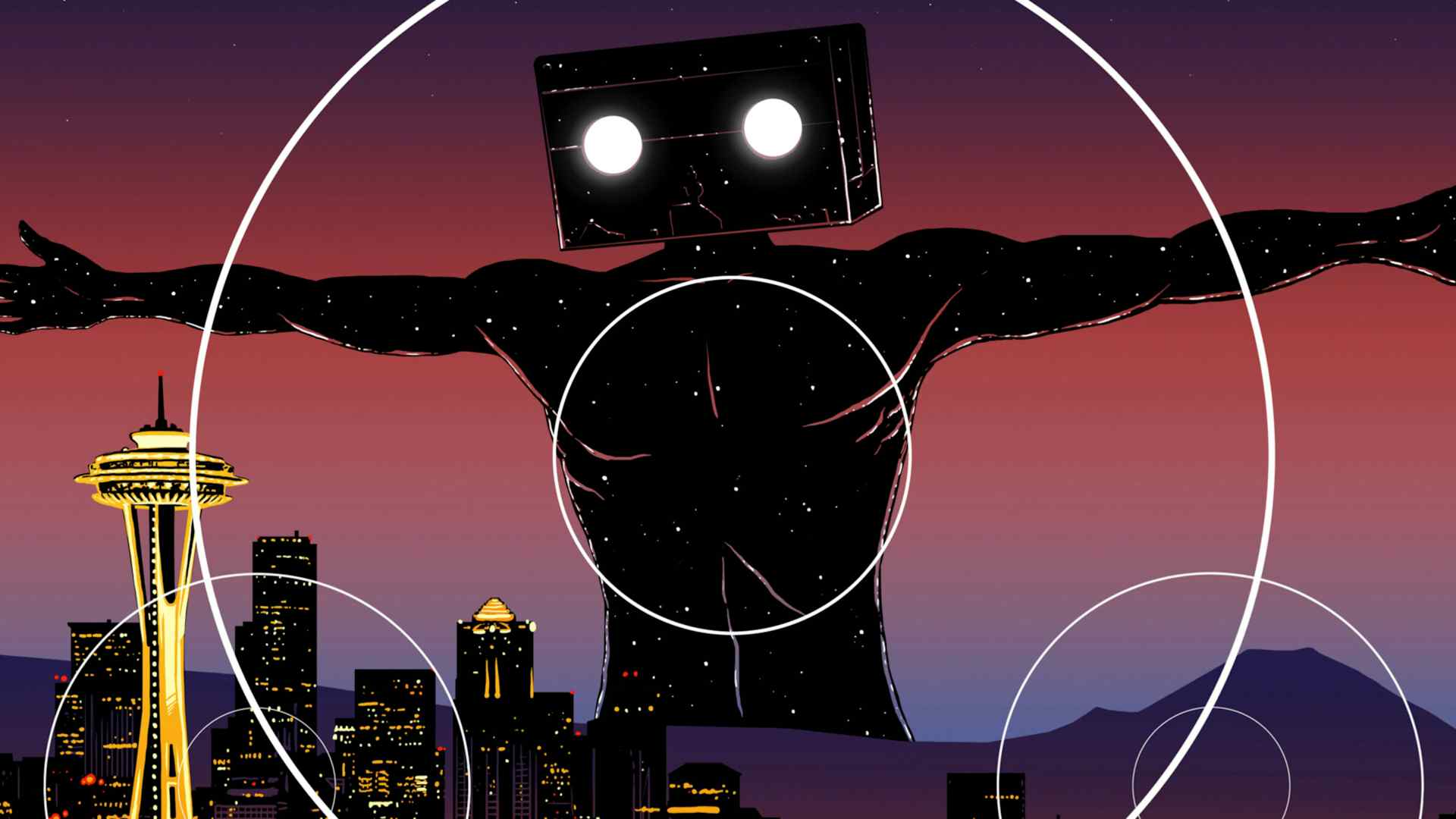Robert Horton is a Scarecrow board member and a longtime film critic. This series of "critic's notes" is chance to highlight worthy films playing locally and connect them to the riches of Scarecrow's collection.

Quick takes on two of the most highly-touted movies of 2024.
Anora
Sean Baker's film unfolds in three distinct sections. The opening—noisy and tiresome and surely 20 minutes too long for the movie's overall structure—lays out a tinsel-Cinderella tale of a stripper/sex worker, Ani (Mikey Madison), who becomes wed to an extremely rich, foolishly impulsive husband, Ivan (Mark Eydelshteyn), the son of a Russian oligarch.
The final section of Anora brings its pieces together and perhaps, in its very last scene, suggests that Ani's kind of work might have taken a toll, something the glitzy fandango of the opening act has barely hinted at. These pieces of Anora are full of zing, even if the overall effect is: enough already.
Anora's middle section, though, is a 21st-century masterpiece, a careening black comedy, full of weird tonal stuff (Preston Sturges by way of Tarantino); it's long, too, but here the endless variations are part of the joke, as opposed to the party-hearty tedium that sets in during the opening stanza. The fact that this craziness is still going on becomes a giddy means of staying aloft. (The meat of the section is about what happens when the young Russian dipshit's parents find out about the marriage.)
I've liked Sean Baker's work before, Tangerine and Red Rocket especially, and Anora is similarly endearing, when it isn't wearing you out. I find something sentimental at the core of his films, for all of their hip accoutrements, and this may be why I'm not fully on board here. (The idea that this is going to be an "Oscar front runner" is dubious to me, but maybe the voting ranks really have changed.) But beyond that, for me Anora falls short in some basic ways: It looks drab and casual—perhaps a necessity given the way the camera needs to move around to keep up with the wild action—but still, dull to the eye. And the acting is single-note, which works okay for the comic detonation of the gangsters, but gets a little wearying at 139 minutes.
Emilia Pérez
Jacques Audiard's Emilia Pérez is similarly aggressive in style, but the balance is impressive here, the audacity of the storyline spinning out deftly across different genres: gangster film, musical, the heavy-breathing melodrama of the telenova. As has been the case with so many French filmmakers, Audiard understands that crime is a crackerjack backdrop for exploring the human condition, and this setting is a doozy. Manitas (Karla Sofía Gascón), the leader of a fearsome Mexican crime cartel, seeks out the service of a no-nonsense attorney, Rita (Zoe Saldaña), to help in the particulars of an unusual rebirth: Manitas seeks to fulfill a life's desire and undergo a sex change, and then vanish into a new identity: philanthropist Emilia Pérez. Rita's job will entail arranging the medical procedures while also accounting for Manitas's wife Jessi (Selena Gomez) and two children.
The unlikely nature of this story allows for a certain fairy-tale atmosphere to prevail, which makes the songs and dances perfectly acceptable. Audiard does not forget the political realities of the location, nor the damage of Emilia Pérez's past life, which are folded into this stew during the film's final act.
It's a wild ride, coursing with color and music and exuberant performances, including the splashy turn by Karla Sofía Gascón, a Spanish trans actress; she's not subtle, exactly, but then neither is the larger-than-life Manitas/Emilia. They might as well be played to the hilt. There's also the spectacle of Zoe Saldaña, one of those actresses sentenced for so long to ensemble duty while being buried under layers of special-effects make-up in green-screen packages, actually getting a chance to act. She looks liberated.
December 13, 2024


